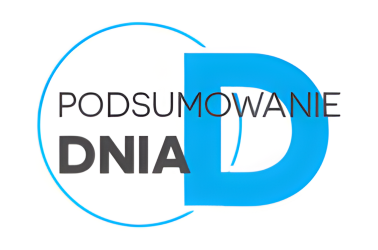- The Bank of Japan has decided to raise interest rates for the first time in 17 years. This move comes after a strong increase in wages following negotiations with large corporations, which has increased the BoJ's belief that higher salaries will stimulate consumption and inflation.
- The rate hike was made to a level of 0.0-0.1%, slightly above expectations, as there were indications of a point increase to 0.0%. BoJ was the last central bank with negative interest rates.
- BoJ has also abandoned yield curve control (YCC), a policy in place since 2016 that limited long-term interest rates to around zero.
- The BoJ said it will continue to purchase the same amount of government bonds as before and increase purchases in the event of a sharp rise in yields. Additionally, the BoJ has decided to stop purchasing risky assets such as ETFs and Japanese real estate investment funds.
- While market attention was mainly focused on the Bank of Japan during the Asia-Pacific session, it was not the only central bank to announce a decision today. The Reserve Bank of Australia left interest rates unchanged for the third consecutive time at 4.35%.
- In the FX market overall, we are seeing clear gains today, primarily in the US dollar and British pound. The Japanese yen, on the other hand, is under downward pressure.
- USDJPY tested 151 barrier, despite the interest rate hike. The Nikkei 225 rose by over 1%.
- The ZEW index for Germany has seen a significant rebound to 31.7 from 19.9, with an expectation of 20.5. European indices gained during today's session, but the upside did not exceed 1%.
- The US500 is up over 0.5% and is testing the area of the highest opening in history at 5236 points, when contract rollovers occurred. Today there is a chance for the highest closing in history. The gains are driven by technology companies such as Apple, Microsoft, and Nvidia, which presented new revolutionary chips at their conference.
- Tomorrow, the Fed will announce its decision on interest rates. The market does not expect any changes, so the key will be the tone and any attempt to delay the first rate cut.
- Inflation in Canada has fallen to 2.8% YoY, although a rebound to 3.1% YoY from 2.9% YoY was expected. Core inflation has also fallen to 3.1% YoY from 3.3% YoY. The chance of a 75 basis point rate cut in June has increased from around 50%. It is worth noting that the Bank of Canada was the first of the major banks to raise rates and the first to halt rate hikes.
- WTI crude oil continued its gains today and reached the highest levels seen since November 2023. WTI crude oil tested around $83 per barrel.
- Gold is falling today to around $2155 per ounce due to the strength of the US dollar. On the other hand, US yields have seen their first decline since March 11th.
- The cryptocurrency market started today's session with significant declines, which were slightly corrected in the second half of the day. Bitcoin is currently down nearly 4.2%, while Ethereum is down 5.5%. The most popular cryptocurrency tested the $62,500 zone today.

Daily Summary - Powerful NFP report could delay Fed rate cuts

BREAKING: US100 jumps amid stronger than expected US NFP report

Economic calendar: NFP data and US oil inventory report 💡

Morning Wrap: Dollar in a trap, all eyes on NFP 🏛️(February 11, 2026)


